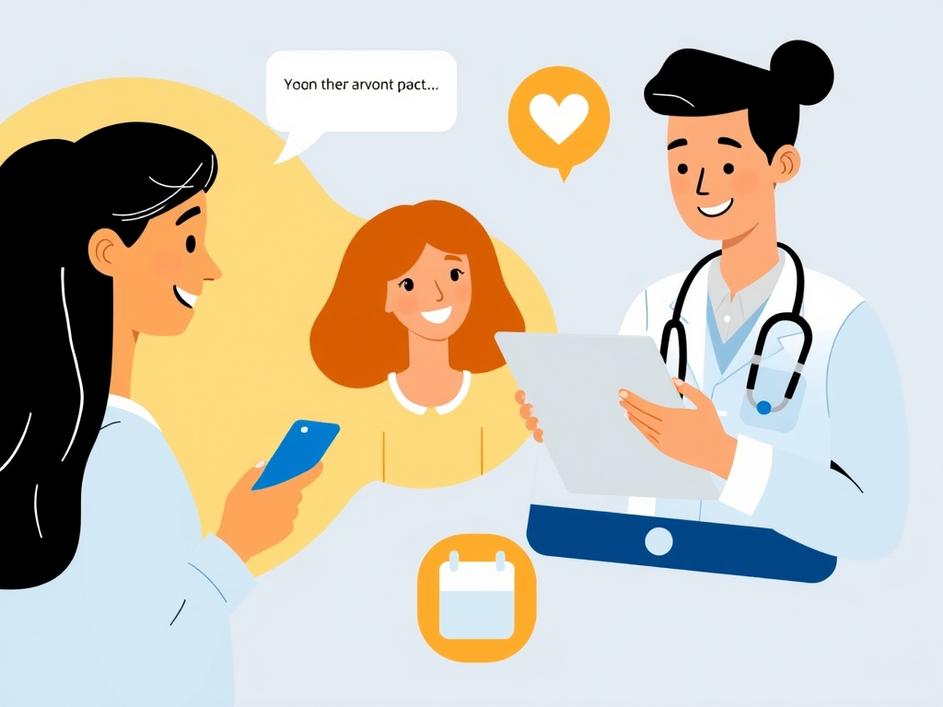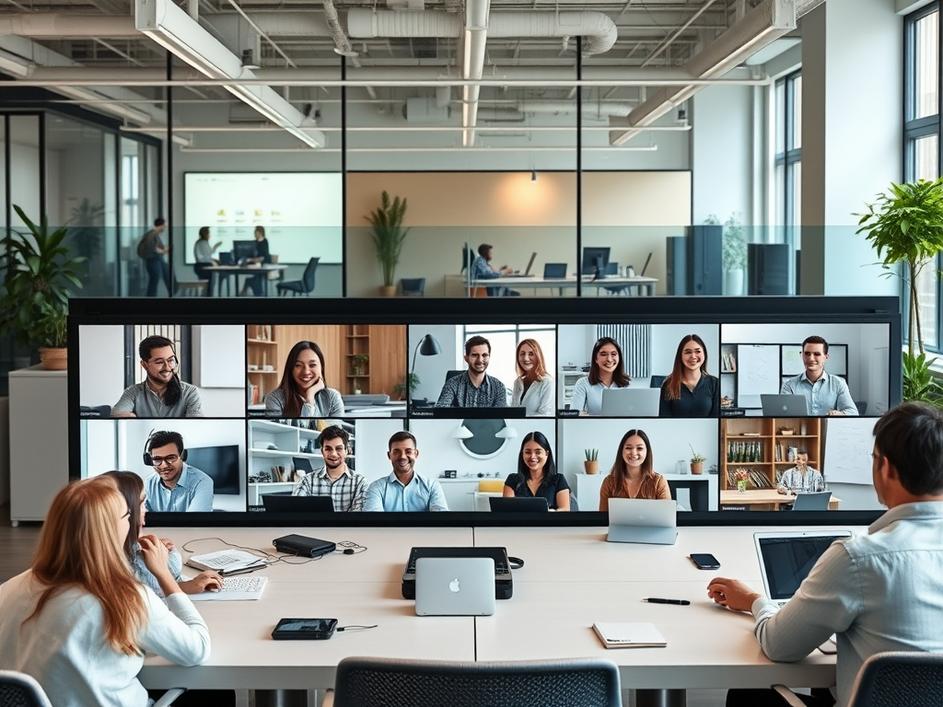


We are a digital agency helping businesses develop immersive, engaging, and user-focused web, app, and software solutions.
2310 Mira Vista Ave
Montrose, CA 91020
2500+ reviews based on client feedback

What's Included?
ToggleWe all know the feeling. Trying to book a doctor’s appointment or hospital visit can feel like a quest. Long waits, busy phone lines, and the worry of getting seen when needed. It’s a challenge faced by millions, putting strain on our amazing NHS staff. But what if technology could ease this burden? That’s what the NHS is exploring. They’re starting new trials, testing clever digital tools to make appointments smoother and less stressful for everyone. It’s about making healthcare access simpler and more efficient for our busy lives.
The problem isn’t just about people needing appointments; it’s how the system works. Sometimes, life happens, and someone can’t make an appointment. If they don’t tell anyone, that slot is wasted. Someone else who desperately needed to be seen misses out. Then there’s the sheer volume of calls and administrative tasks frontline NHS staff handle daily, just managing schedules. This complexity and inefficiency add to the pressure. It leads to longer waiting lists, more stress for patients, and extra work for stretched medical teams. The old ways aren’t enough for today’s growing demand for care.
What kind of technology are we talking about? It’s not about flashy robots. Instead, it’s smart, practical digital solutions to improve how we interact with the health service for routine matters. Imagine getting an automated text reminder a day or two before your appointment. With that, an easy way to confirm, change, or cancel it right from your phone. No more busy phone lines. Some trials might even involve virtual appointments, where you speak to a healthcare professional via video call. This could be perfect for follow-up chats or advice, saving a trip to the clinic and freeing up physical rooms for those who truly need them. The idea is to make accessing care much more flexible and responsive.
From my perspective, this shift feels like a welcome change for patients. Think about the convenience. Imagine quickly rescheduling an appointment late at night when you remember a conflict. Digital tools make that possible. For people with busy jobs, childcare, or mobility issues, a virtual consultation could be a huge relief. It means less time off work, no travel, and avoiding crowded waiting rooms. This isn’t just about efficiency; it’s about making healthcare feel less like a chore. It’s about fitting health into your day, rather than your day stopping for health. This approach acknowledges patients are busy and aims to reduce barriers to timely care.
It’s not just patients who benefit. Our NHS nurses, doctors, and administrative teams are under incredible pressure. Every missed appointment, complex scheduling issue, or routine phone call adds to their workload. If people confirm, reschedule, or cancel through automated systems, it frees up administrative staff. They can then focus on more complex cases. Virtual consultations, when appropriate, ease demand on physical clinic space. They allow doctors to see more patients efficiently for focused check-ins. This technological support acts like an extra team member. It helps streamline operations, reduces administrative burnout, and lets skilled professionals focus on direct patient care. Less time on logistics, more time caring for people.
These trials are more than just a tweak to booking; they hint at a bigger change in how the NHS delivers care. We live in an increasingly digital world, and healthcare should evolve with it. If these pilot schemes work, they could open doors for more digital health solutions. Imagine monitoring conditions from home with connected devices, results shared with your care team. Or getting personalized health advice digitally, reducing repeated visits. It moves the health service towards a more proactive and patient-centered model. It’s about using modern capabilities to offer diverse options for individual needs.
I genuinely believe this is a crucial and positive development for the NHS. Our national health service is vital, but it faces huge challenges in managing demand and resources. Using technology wisely isn’t about replacing the human touch; it’s about making sure that human touch is available where it’s most needed. It’s about removing roadblocks, simplifying processes, and ensuring our precious healthcare resources are used with maximum effectiveness. While face-to-face consultations will always be vital, embracing these digital avenues for appropriate situations can create a more responsive, efficient, and user-friendly healthcare system. It’s a practical approach to keeping the NHS strong, accessible, and ready for the future, helping us all get the care we need, with less fuss.
Ultimately, these NHS trials are all about improving the experience for everyone. They represent a thoughtful effort to harness technology to solve real-world problems in healthcare. It’s not a magic answer to every challenge. However, it is a very smart way to tackle some of the biggest hurdles: freeing up valuable appointment slots, reducing administrative burdens, and making it easier for people to access the care they need. By carefully exploring these digital solutions, the NHS is taking an important step towards a future where healthcare is not only high-quality but also wonderfully accessible and less complicated for us all. It’s an exciting glimpse into how a bit of digital smartness can truly help our beloved health service flourish.



Comments are closed